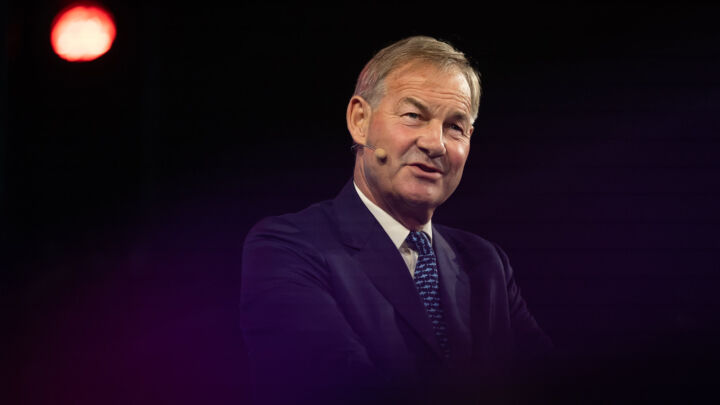PragerU vs YouTube: a battle for free speech

Want unlimited, ad-free access? Become a spiked supporter.
YouTube’s new advertising policy, which says it will demonetise content it deems inappropriate, has caused controversy for allegedly targeting right-wingers. As ad revenue is how YouTube channels make money, this policy appears to be a subtle assault on the free speech of certain users. The latest victim is PragerU, a channel that posts political videos from a conservative perspective.
PragerU is the brainchild of American radio host Dennis Prager, and has over one million subscribers on YouTube. If its videos were about disturbing topics like ‘how to embalm a body’, or ‘how to get the best results from your AR-15 assault weapon’, one might understand why YouTube had a problem with slapping ads on them. But the videos in question are simply animated explanations of right-of-centre ideas.
The targeting of PragerU has led many to believe that Google (which owns YouTube) is discriminating against content from conservatives. This isn’t an isolated incident, either. Conservative Ann Lieven has had videos demonetised for no clear reason. And even the more centrist pundit Dave Rubin, host of the online political talkshow The Rubin Report, has had some of his videos demonetised.
PragerU has decided to take a stand, and has filed a lawsuit against Google on the grounds that it is infringing on First Amendment rights. ‘This is not a left/right issue. It is a free speech issue’, Dennis Prager said in a press release. He has the support of other online creators who have experienced similar censorship, as well as prominent liberals, including the esteemed civil-liberties lawyer Alan Dershowitz.
Google displays this censorious tendency in other areas of its work. Its ‘user content and conduct policy’ states that its ‘products are platforms for free expression’, but it quickly goes on to warn that it will restrict speech that incites hatred against minority groups. On a platform that truly supports free expression, even vile hateful views should permitted, so they can be challenged. But the experience of PragerU and others suggests that the definitions of what is and isn’t inappropriate are increasingly broad.
Google is a private company, and can therefore choose to restrict any content it likes. But the fact that YouTube has an overwhelming monopoly on the video-sharing market raises serious questions about the impact of this censorship on discourse. Whether Google is pandering to today’s censorious climate, or just censoring views it disagrees with, is unclear. But this kind of shady censorship is unacceptable, particularly from a platform that claims to believe in free speech. Here’s hoping the PragerU lawsuit sheds some light.
Enzo Harrison is a writer and graduate of the Young Journalists’ Academy.
You’ve hit your monthly free article limit.
Support spiked and get unlimited access.
Support spiked and get unlimited access
spiked is funded by readers like you. Only 0.1% of regular readers currently support us. If just 1% did, we could grow our team and step up the fight for free speech and democracy.
Become a spiked supporter and enjoy unlimited, ad-free access, bonus content and exclusive events – while helping to keep independent journalism alive.
Monthly support makes the biggest difference. Thank you.








Comments
Want to join the conversation?
Only spiked supporters and patrons, who donate regularly to us, can comment on our articles.